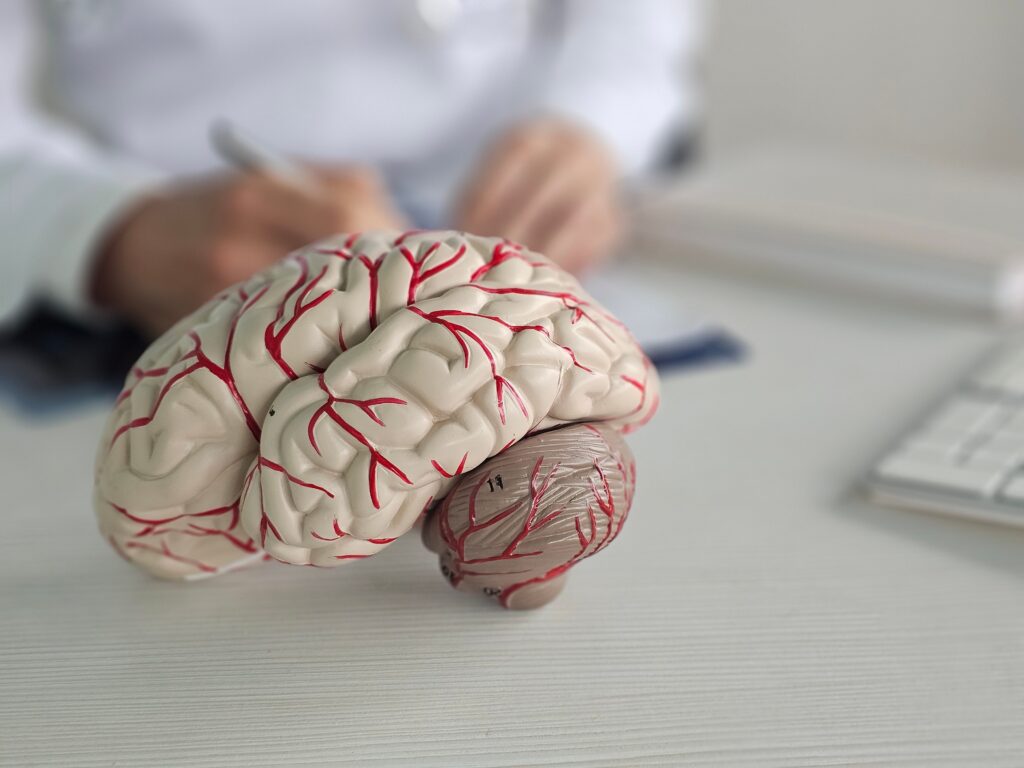
Why We Forget Our Dreams — 6 Shocking Facts About Your Sleeping Mind
Your mind is a vast, uncharted landscape, a universe expanding beyond the limits of conscious thought. And yet, each morning, you wake up with only fragments of the journeys you took while sleeping. Why do our dreams slip through our fingers like sand, disappearing before we can fully grasp them? Science has uncovered some fascinating truths about our sleeping minds that reveal just how elusive our dreams really are.

Outline
- Your Brain Chooses What to Remember—And What to Erase
- The Chemical Shift That Wipes Your Dream Slate Clean
- Dreams Exist in a Different Type of Reality
- Your Brain Protects You from Confusing Reality with Dreams
- Your Waking Routine Erases Dream Traces
- You Can Train Yourself to Remember More Dreams
- What This Means for You
- FAQs
1. Your Brain Chooses What to Remember—And What to Erase
Your brain is not a perfect recorder; it’s an editor, constantly deciding what stays and what gets cut. When you sleep, the hippocampus, the brain region responsible for memory formation, works differently than when you’re awake. Instead of storing dreams in long-term memory, your brain prioritizes experiences from waking life. This is why you can recall a phone number from yesterday but struggle to remember the details of a dream you had just an hour ago.
2. The Chemical Shift That Wipes Your Dream Slate Clean
Neurotransmitters like norepinephrine, which are essential for memory retention, drop to nearly undetectable levels while you sleep. In contrast, during wakefulness, norepinephrine floods the brain, reinforcing memory consolidation. This chemical shift explains why, despite experiencing vivid, emotional, and sometimes life-changing dreams, we often wake up with an empty mind, as if those moments never happened.
3. Dreams Exist in a Different Type of Reality
The logic of dreams does not follow the same structure as waking consciousness. If you’ve ever tried to write down a dream upon waking, you’ve likely noticed how bizarre and fragmented it seems. This is because dreams are stored in short-term memory, a place designed for fleeting thoughts. Unless actively transferred into long-term storage by conscious effort, they vanish quickly, much like a thought you forget mid-sentence.
4. Your Brain Protects You from Confusing Reality with Dreams
Imagine waking up each day remembering your dreams as vividly as your real-life experiences. It would blur the line between what happened and what was merely imagined, causing cognitive overload. Studies suggest that forgetting dreams is actually an adaptive mechanism—a way to keep us grounded in reality and prevent our minds from becoming entangled in illusions.

5. Your Waking Routine Erases Dream Traces
Have you ever woken up with a dream still fresh in your mind, only to forget it completely after brushing your teeth? This happens because waking routines shift your focus to the present moment. The act of checking your phone, drinking coffee, or responding to an alarm pulls you into wakefulness, effectively wiping away the remnants of dream consciousness.
6. You Can Train Yourself to Remember More Dreams
While forgetting dreams is natural, you can improve your ability to recall them. Keeping a dream journal, for instance, reinforces memory pathways between your sleeping and waking mind. By making dream recall a conscious habit, you train your brain to hold onto these nighttime narratives. Some lucid dreamers even claim that greater awareness of their dreams has transformed their waking lives, helping them understand subconscious fears, desires, and creative insights.
What This Means for You
Our dreams are fleeting, but they are not meaningless. They are windows into our deeper selves, a reflection of the unspoken thoughts and emotions that shape our waking reality. While we may not remember every dream, those that linger can offer insight, inspiration, or even warnings about our lives.
Perhaps the lesson is not to desperately hold onto every dream, but to be more present with the thoughts and emotions that emerge in their wake. Just as we forget dreams, we also let go of passing moments, conversations, and fleeting inspirations in our waking life. What if we paid closer attention? What if we captured those sparks of insight, turning them into action?
The next time you wake up, instead of rushing into your day, take a moment to sit in stillness. What thoughts linger at the edge of your consciousness? What stories did your mind weave in the night? Maybe, just maybe, those whispers from your subconscious are worth listening to.
FAQs
Why do we forget our dreams so quickly after waking up?
Our brains deprioritize dream memories because neurotransmitters essential for memory formation, like norepinephrine, drop to nearly undetectable levels during sleep.
Can we train ourselves to remember our dreams better?
Yes, keeping a dream journal and making dream recall a conscious habit can strengthen memory pathways and help retain more details from dreams.
Why don’t we remember every dream we have?
Forgetting dreams is an adaptive mechanism that prevents cognitive overload and helps us distinguish between imagined experiences and reality.